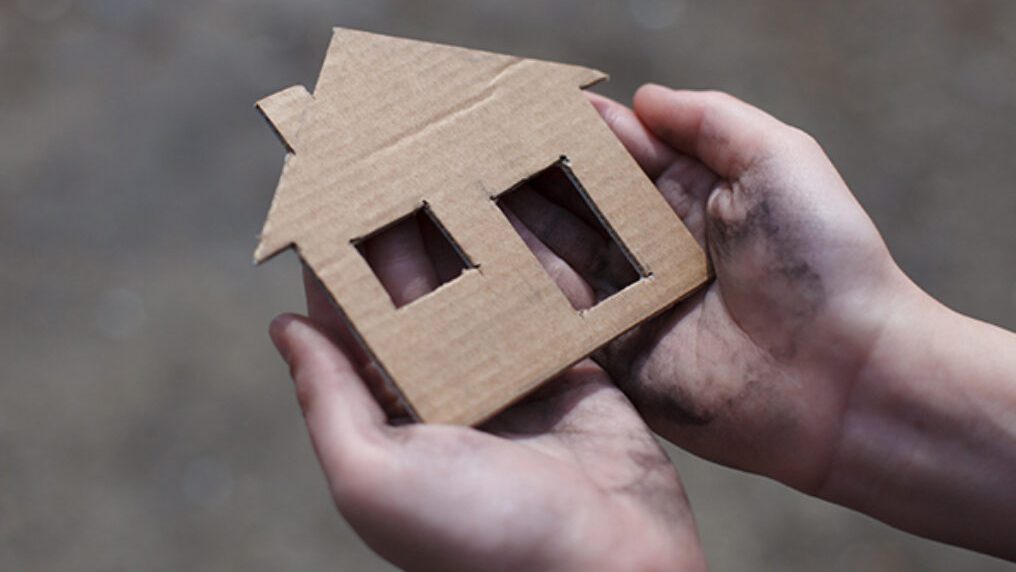The Metro: The many barriers to solving homelessness in metro Detroit
Sasha Bacon November 25, 2024Local philanthropists Veronika Scott and Chad Audi joined the show to discuss the social factors that lead to homelessness in Detroit, and their organizations’ work.

As the weather gets colder, many of us are retreating inside and turning up the heat. But shelter and heat are not guaranteed for everyone, and homelessness affects many people in Detroit.
The scarcity of affordable housing is compounded by other issues vulnerable people face, like a lack of a strong social safety net, health problems, domestic violence and more.
Veronika Scott, founder of the nonprofit The Empowerment Plan, joined The Metro on Monday to discuss how her organization is not only working to alleviate homelessness in the city, but to empower individuals experiencing homelessness by providing them employment and training.
Subscribe to The Metro on Apple Podcasts, Spotify, NPR.org or wherever you get your podcasts.
“We employ people that are either experiencing or have a history of experiencing homelessness to manufacture these coats that turn into sleeping bags,” Scott said. “So we produce them on site in our facility on the east side, and we’re producing about 12,000 coats this year that are going to go out across the entire U.S. and 20 other countries.”
Scott also discussed her personal experiences with homelessness in her childhood and the importance of avoiding stereotyping of homeless people.
“You can’t see it slapped across someone’s face that they had been or had experienced homelessness,” Scott said. “Some of the most surprising people I’ve ever met had to sleep in their car, had to go through a lot of struggles.”
Chad Audi, president of Detroit Rescue Mission Ministries, joined Scott for a call-in roundtable about the factors at play that keep people from overcoming homelessness. He also discussed the political barriers in place for accurately recording the rate of homelessness.
“The government is a big barrier for us to do the work right, because most elected officials are not really looking to end homelessness like they claim to be,” Audi said. “Instead, they’re trying to reduce the number by showing an altered kind of reports to show that they’re doing good through their terms.”
During the second hour of The Metro, we asked listeners:
“How do you interact with your homeless neighbors? And whose responsibility is it to address housing and homelessness?”
Caller Ankha from Royal Oak discussed her past as a trans woman experiencing homelessness:
“I’m an older trans woman, but I don’t qualify yet for Social Security, but I’m on disability. I get $943 a month. You can’t work. Nobody is homeless because they want to be,” she said. “There’s not enough housing available and there are restrictions to it now, for instance as a trans woman I’m going to be, they’re going to try to place me in a male shelter where I don’t belong.”
Use the media player above to hear the full conversation.
More stories from The Metro on Nov. 25:
- Healthy Roots Dolls is a Detroit-based business that creates dolls with kinky, coily and curly hair for Black children of color. Healthy Roots Dolls CEO Yelista Jean-Charles joined the show to discuss the company’s mission.
- Overdose deaths in Michigan decreased more than 6% from 2022 to 2023. To learn more about the decline, producer Sam Corey spoke with Steve Norris, director of overdose prevention and recovery support for the Alliance of Coalitions for Healthy Communities.
Listen to The Metro weekdays from 10 a.m. to noon ET on 101.9 FM and streaming on-demand.
Trusted, accurate, up-to-date.
WDET strives to make our journalism accessible to everyone. As a public media institution, we maintain our journalistic integrity through independent support from readers like you. If you value WDET as your source of news, music and conversation, please make a gift today.
